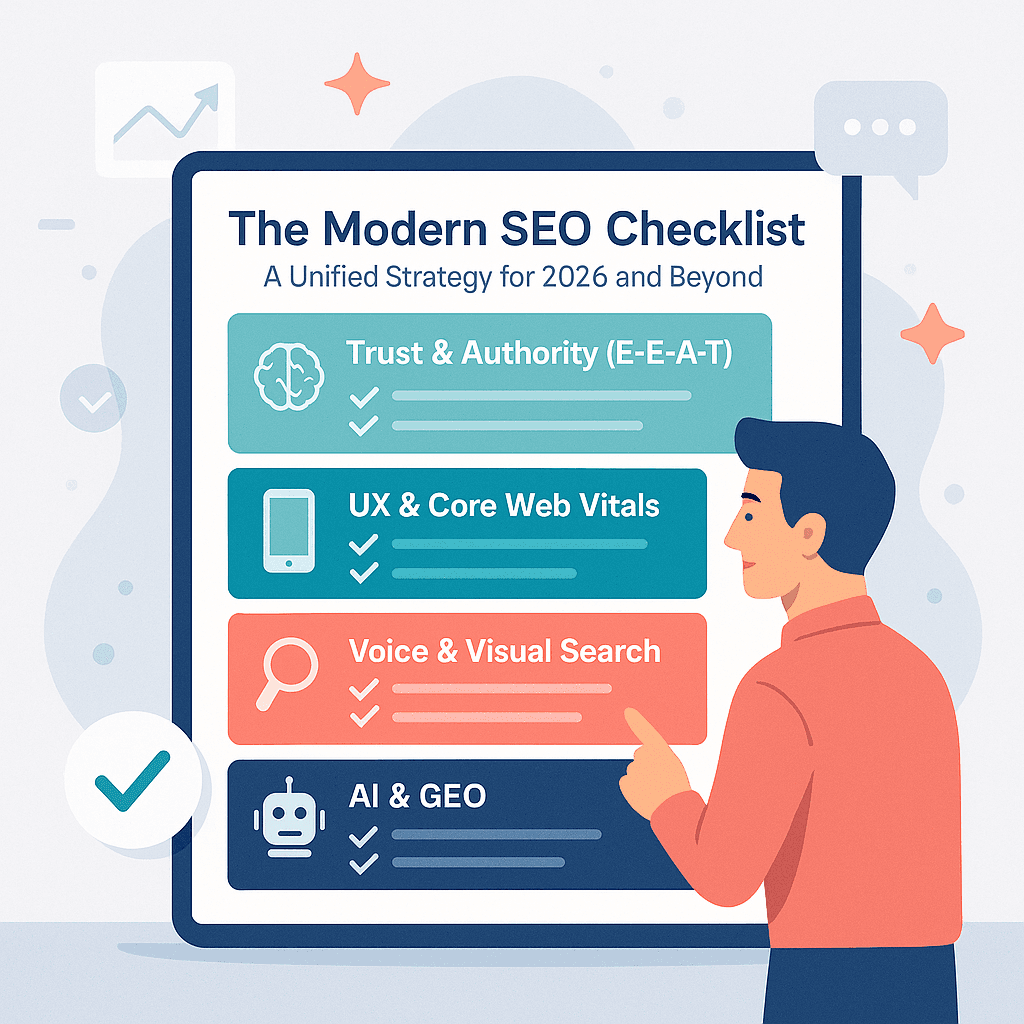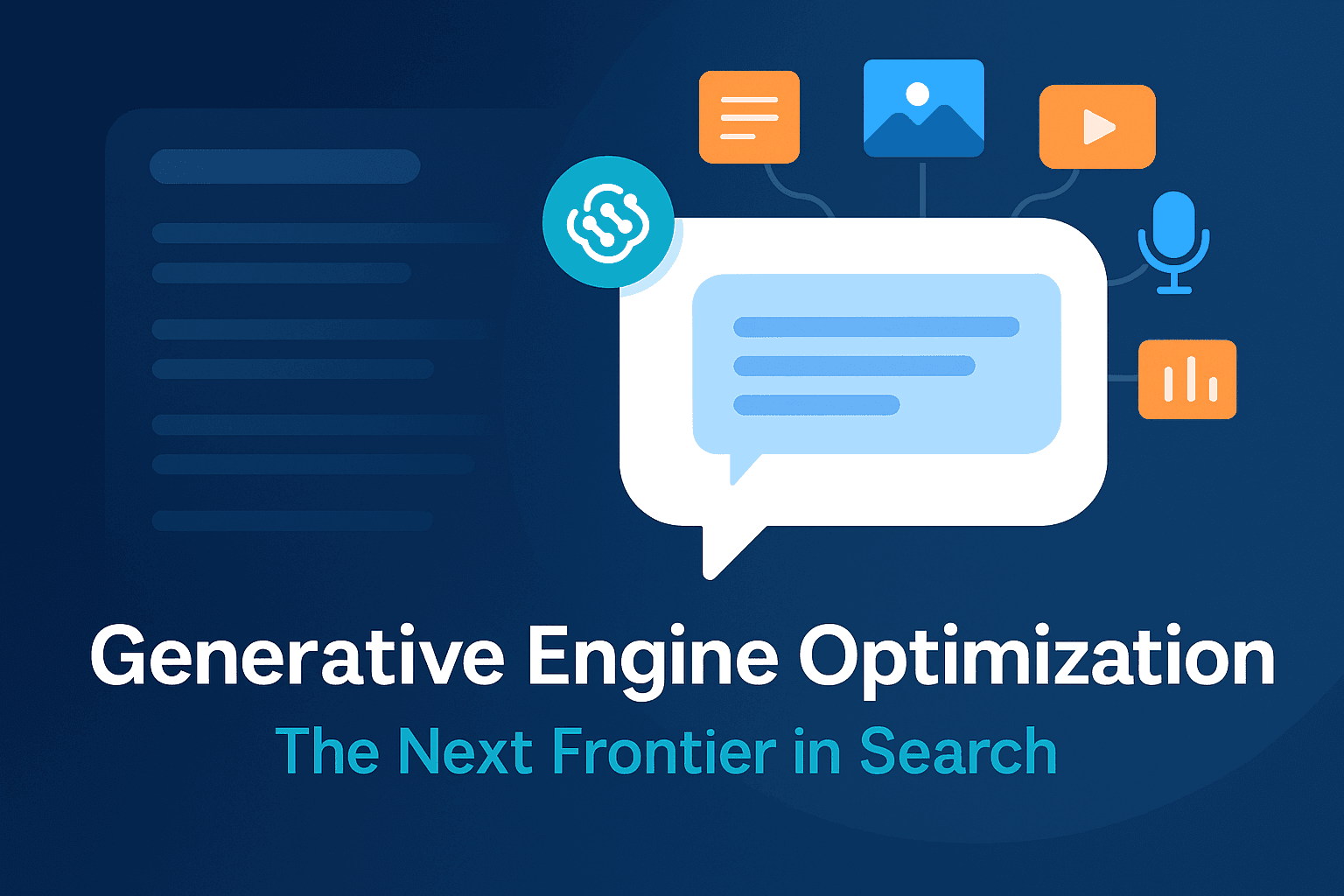Ever heard someone say, "Just get more likes, and your Google ranking will shoot up"? If you have, you're not alone. It's a common idea, this belief that social media activity directly pushes your website higher in search results. Honestly, it's a bit of a myth, or at least, a heavily misunderstood truth.
Here's the thing: Google and other search engines aren't directly counting your Instagram hearts or Facebook shares as a ranking factor. They've said it themselves. But to stop there would be missing the bigger picture entirely. Social media, for all its separate algorithms and trends, plays a huge, albeit indirect, role in how well your website performs in search. It's less about a direct signal and more about a powerful amplifier, helping your content reach more eyes, build your brand's reputation, and bring in valuable traffic. Let's peel back the layers and see how these two digital powerhouses actually work together to give your online presence a real boost.
**The Indirect Impact: How Social Media Still Fuels SEO **
So, if Google isn't directly counting your tweets, how does social media actually help your SEO? It's all about those ripple effects, the ways social platforms create opportunities that search engines do notice. Think of social media as a powerful engine that drives things that search engines care about.
**Content Amplification and Reach: Getting Your Message Out There **
When you create fantastic content, you want people to see it, right? Social media is your megaphone. When your articles, videos, or infographics get shared, liked, and commented on, they reach a much wider audience than they would sitting quietly on your blog. This increased visibility isn't just about vanity metrics; it's about opportunity. The more eyes on your content, the higher the chance that influential
websites, industry blogs, or news outlets will discover it. And when they do, they might just link back to your site. Those backlinks, my friend, are pure gold for SEO. They tell search engines, "Hey, this content is valuable and trustworthy!" It's a classic case of social buzz leading to SEO benefits.
**Brand Building and Authority: Becoming a Trusted Voice **
Imagine you're looking for a new coffee shop. You'd probably check out their social media, wouldn't you? See what people are saying, look at their vibe. It's the same for businesses online. A strong, active, and engaging social media presence builds your brand's reputation. It shows you're an expert, you're trustworthy, and you're a real player in your field. This is where Google's E-E-A-T guidelines (Experience, Expertise, Authoritativeness, and Trustworthiness) come into play. While social signals aren't a direct E-E-A-T factor, a robust social presence reinforces your brand's credibility across the web. When people search for your brand directly, or when your brand is mentioned positively across various platforms, search engines take notice. It signals a strong, reputable entity, and that's a big win for your overall search visibility.
**Traffic Generation and User Engagement: Bringing People Home **
One of the most straightforward ways social media helps SEO is by simply sending people to your website. Every click on a link in your social post is a visitor coming to your digital home. What happens next is crucial. If those visitors stick around, read your content, explore other pages, and don't immediately hit the back button (that's a low bounce rate, by the way), it tells search engines that your website offers a good user experience and relevant information. If you're seeing lots of visitors but no conversions, our article on website visits no conversions might offer some insights. Google pays attention to these user engagement metrics. High-quality traffic from social media, leading to positive on-site behavior, can indirectly signal to search engines that your content is valuable and deserves to rank higher.
**Local SEO Synergy: Connecting with Your Neighborhood **
For local businesses, social media is an absolute powerhouse. Think about it: people check into places on Facebook, leave reviews on Google Maps (often influenced by social experiences), and tag businesses in their Instagram posts. All these local social signals, like geo-tagged content and positive reviews, reinforce your business's local relevance and trustworthiness. They complement your Google Business Profile and
help you show up when someone searches for "coffee shop near me." It's about painting a complete picture of your local presence, and social media fills in a lot of those vibrant details.
**Keyword Discovery and Trend Spotting: Knowing What People Talk About **
Social media platforms are like giant, real-time focus groups. What are people talking about? What questions are they asking? What hashtags are trending? By listening closely to conversations on platforms like X (formerly Twitter), Reddit, or even TikTok, you can uncover new keywords, understand emerging trends, and get a real feel for what your audience cares about. This insight is incredibly valuable for your SEO strategy. It helps you create content that people are actively searching for, keeping your website fresh, relevant, and ahead of the curve. It's like having a crystal ball for content ideas, and it all comes from social listening.
**Strategic Integration: Bridging the Gap **
Knowing that social media has an indirect impact is one thing; actually making it work for you is another. It’s about being smart and intentional with how you connect your social efforts with your SEO goals. Think of it as building a bridge between two powerful islands.
**Optimizing Social Profiles for Search: Your Digital Business Card **
Your social media profiles aren't just places to post pretty pictures; they're valuable pieces of your online presence. Treat thThis means ensuring all profile information is complete, keyword-rich, and accurately describe what you do. For help with your digital marketing efforts, consider reaching out to experts. And this is important: always, always link back to your main website from every social profile. It creates a clear path for people (and search engines) to find your home base. Consistent branding, contact information, and a clear call to action across all your platforms make it easy for users to connect with you and for search engines to understand your entity.
**Content Strategy Alignment: Making Every Piece Work Harder **
This is where the magic happens. Instead of creating content for social and content for SEO separately, think about how they can work together. Create content that’s inherently shareable on social media (like engaging videos, thought-provoking infographics, or quick tips) but also deeply informative and optimized for search engines (like comprehensive guides or detailed how-to articles). The goal is to produce high-quality content that naturally encourages social engagement and also ranks well in search. You might adapt a long-form blog post into a series of social media snippets, or turn a popular social media discussion into a detailed article. It’s about getting the most mileage out of every piece of content you create. If you're struggling with too much content, you might find our article on the content quantity overload helpful.
**Influencer Marketing for Authority and Links: Borrowing Credibility **
Working with influencers isn't just for selling products. When you collaborate with relevant social media influencers in your niche, they can introduce your content to their engaged audiences. If an influencer shares your article or references your website, it can lead to a surge in traffic and, crucially, natural mentions and backlinks from other authoritative sources. These high-quality backlinks are a direct boost to your SEO. The trick is to find influencers who genuinely align with your brand and whose audience will truly appreciate your content.
**Paid Social for Amplification: Giving Your Content a Head Start **
While organic reach on social media can be a challenge (and sometimes it feels like social media posting no sales), paid social campaigns offer a powerful way to amplify your best content. By targeting specific demographics, you can ensure your valuable articles or resources get in front of the right people. This increased exposure drives traffic to your website, boosts brand awareness, and can accelerate the process of generating engagement and potential backlinks. Think of paid social as a turbocharger for your organic efforts; it doesn't directly change your SEO, but it creates the conditions for better SEO performance.
**Reputation Management and Social Listening: Protecting Your Digital Face **
Your brand's reputation is everything, and social media is often the first place people go to talk about you (good or bad). Actively monitoring social media for brand mentions, customer reviews, and overall sentiment is crucial. Responding to feedback, addressing concerns, and engaging with your audience on social platforms protects and enhances your brand's authority and trustworthiness. Search engines are increasingly sophisticated at understanding brand perception, and a positive, well managed social presence contributes to that. Plus, social listening gives you invaluable insights into what your customers want and need, which can directly inform your content strategy and SEO efforts.
**Measuring the Unmeasurable: Tracking Indirect Impact **
Okay, so we know social media helps SEO indirectly. But how do you actually measure that? It’s not always a straight line, but there are definitely ways to connect the dots and see the bigger picture. It’s about looking at the right metrics and understanding what they tell you.
**Google Analytics: Your Traffic Detective **
Your first stop should always be Google Analytics. This tool is fantastic for seeing where your website traffic comes from. You can easily see how much referral traffic is coming from your social media platforms. But don’t just stop at the numbers; dig deeper. Look at the user behavior metrics for that social traffic: how long do they stay on your site? How many pages do they visit? What’s their bounce rate? If visitors from social media are engaged and spending time on your site, it sends a strong signal to search engines that your content is valuable and relevant. That’s a win for SEO.
**Google Search Console: Watching Your Brand Grow **
Google Search Console is another must-have. After a big social media campaign, keep an eye on your brand search queries. Are more people searching directly for your brand name? That’s a clear sign that your social efforts are boosting brand
awareness, which is a huge indirect SEO benefit. Also, monitor your overall organic traffic growth and keyword performance. While social media doesn’t directly cause these, a successful social strategy often contributes to their improvement by making your brand more visible and trusted.
**Backlink Monitoring Tools: The Proof is in the Links **
Remember how we talked about social media amplifying content and leading to backlinks? This is where backlink monitoring tools (like Ahrefs or SEMrush) come in handy. After you’ve pushed out great content on social media, watch for new backlinks and mentions. If your content is genuinely valuable and gets shared widely, other reputable websites might link to it. These natural, high-quality backlinks are a direct ranking factor for SEO, and social media can be a powerful catalyst for acquiring them. It’s a tangible result of your social efforts.
**Social Listening Tools: Understanding the Buzz **
While not directly an SEO metric, social listening tools are incredibly valuable. They help you track brand mentions, gauge sentiment, and identify trending topics across social platforms. Understanding what people are saying about your brand and your industry can inform your content strategy, helping you create more relevant and engaging content. This, in turn, can lead to better search performance because you’re addressing what your audience truly cares about. It’s about using social insights to refine your SEO game.
**Challenges and Future Outlook: What Lies Ahead? **
It would be easy to say that integrating social media and SEO is a straightforward path to digital dominance, but honestly, it has its quirks. The digital landscape is always shifting, and what works today might need tweaking tomorrow. So, let's talk about some of the challenges and what the future might hold.
**The Attribution Puzzle: Connecting the Dots **
One of the biggest headaches for marketers is the attribution puzzle. Because social media's impact on SEO is largely indirect, it's tough to draw a straight line from a single tweet to a specific jump in your Google ranking. It's more like a complex web of
interactions. This means you can't always say, "This Facebook post directly caused that SEO improvement." Instead, you have to look at the bigger picture, understanding that social media contributes to a healthier, more visible online presence overall. It requires a bit of patience and a holistic view of your data.
**The Ever-Changing Algorithms: Keeping Up with the Times **
Both search engines and social media platforms are constantly updating their algorithms. What Google values in a website, or how Facebook decides to show content, can change overnight. This means that strategies that were effective last year might not be as potent today. It's a continuous learning curve, and staying flexible and adaptable is key. You have to be willing to experiment, observe, and adjust your approach regularly.
**What's Next? Deeper Integrations and AI Insights **
Looking ahead, we can expect even deeper integrations between social and search. As AI becomes more sophisticated, search engines might get even better at understanding brand sentiment and authority signals that originate on social platforms. We might see new tools that offer more granular insights into this indirect relationship. The lines between social and search will likely continue to blur, making a unified digital strategy not just a good idea, but an absolute necessity. It's an exciting, if sometimes challenging, road ahead.
**Conclusion: A Holistic Approach to Digital Success **
So, what’s the big takeaway here? It’s simple, really: social media isn’t some magic button that instantly boosts your SEO. It’s not a direct ranking factor, and anyone telling you otherwise is probably selling something. But to dismiss its impact entirely would be a huge mistake. Social media is a powerful amplifier, a vital partner in your overall digital strategy.
Think of it this way: SEO builds the foundation and structure of your online home, making it sturdy and discoverable. Social media, then, is the vibrant community around it, bringing people to your doorstep, spreading the word about how great your home is, and helping you build relationships. When these two work together, they
create a much stronger, more visible, and more engaging online presence than either could alone.
For businesses and marketers, this means moving past old debates and embracing a truly integrated approach. Don’t treat social media and SEO as separate tasks; see them as two sides of the same coin, each supporting and enhancing the other. By doing so, you’ll amplify your reach, build genuine authority, and drive sustainable growth in this ever-evolving digital world. It’s about building a cohesive online presence that truly works.


